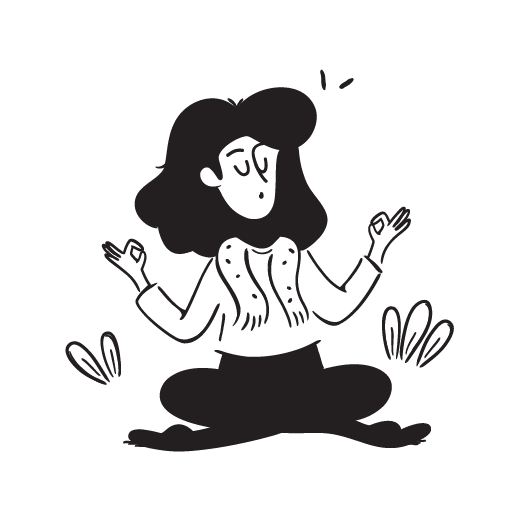Practice for your interview with a big list of sample questions - all for free. Start practicing now.

Videoath Verified.
We routinely check on our resources to ensure they're up to date and continue to be a good reference.
Trusted by 6751 others.
You're in good company. We update this counter to let you know who else completed the prompt.
Review Peer Responses
Preview de-identified and anonymized peers interview responses, providing a rich source of inspiration and insights to refine your own answers.
General Breakdown
Offers an in-depth analysis of interview prompts, providing critical insights such as difficulty level, competencies assessed, and strategic tips. Coming soon!
Expert Response
Watch and learn from experts. Coming soon.
Response Walkthrough
Step-by-step review of good, better, and excellent responses so you know exactly what parts of your responses get you a higher score. Coming soon.
Aggregate Response Score
Compare your response to 100s of peer responses. Coming soon.
Score Breakdown
See how prompts are broken down and reviewed across 1000s of applicants. Coming soon.
There is an outbreak of an incredibly contagious life-threatening disease. The disease is spreading across the country at a rapid rate and the survival rate is less than 50%. You are a senior health care administrator, and when the vaccine is developed, you have priority to receive the drug. Do you take the vaccine yourself or give it to another person? Why or why not?
The man who lives next door to you often rides his bicycle in the company of his two young children but without a helmet. In fact, on several occasions you have seen him riding with his helmet hanging by its straps from the handlebars. His young children sometimes wear a helmet, sometimes not. If the man fell off his bicycle and hurt his head in a way that would have been prevented if he had worn a helmet, would it be reasonable to ask him to contribute towards the treatment cost for his injury?
You tell a mother her two year old child has leukemia, but she refuses chemo but insists upon seeing her family physician who is a naturopath. What do you tell her, how do you handle this so that you may continue to have some influence as regards the treatment of her child? (The child‟s life is in the balance as the naturopath will be unable to save the child‟s life and you have an obligation to your patient, the child, who cannot make an informed decision. In paediatrics, its beneficence and “the rule of rescue” that takes precedence.)
A Vancouver bio-tech company was hired by the US Military to develop a cure for Ebola. They successfully developed a vaccine to treat the symptoms of the virus and lowered the mortality rate for infected patients. Discuss the implications of this on a global scale.
Learn from Great Responses









